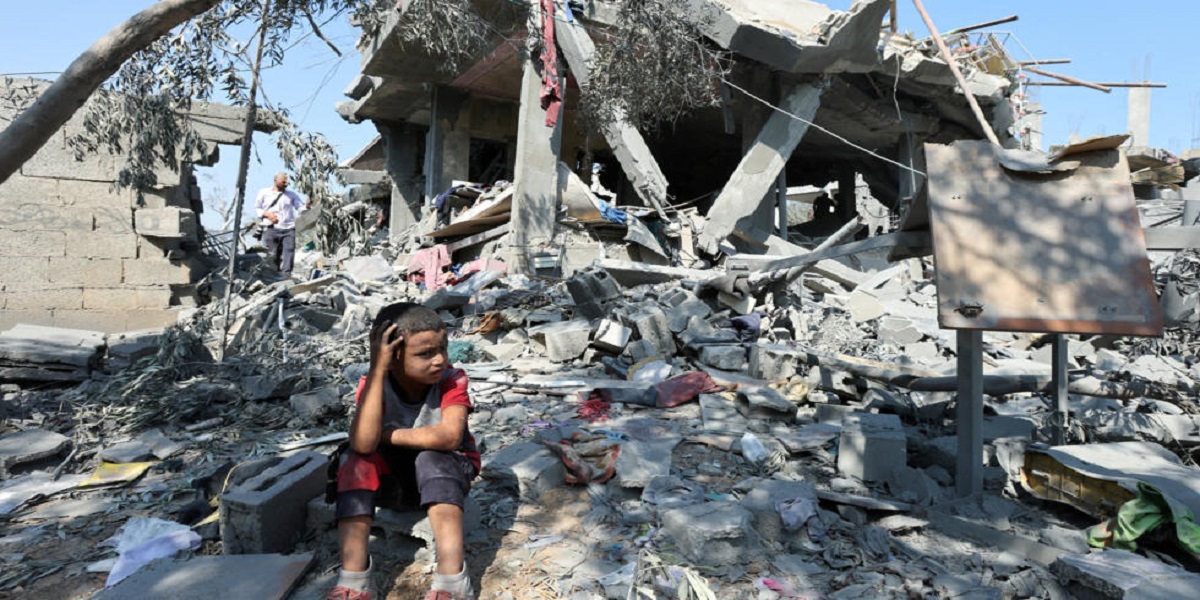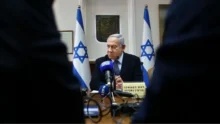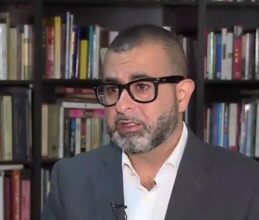Gaza at a Crossroads: Partial Negotiations Await Israeli Approval, Comprehensive Deal on the Table
Al-Khamisa News Network - Gaza

The Gaza Strip has entered a critical phase amid escalating Israeli threats and international mediation efforts. There are signs that Hamas and other Palestinian factions are prepared to engage positively with Witkoff's ceasefire proposal, while Israel insists on a comprehensive deal that includes the release of all hostages, the disarmament of the movement, and control of the Strip.
Informed Palestinian sources inside and outside Hamas revealed that the negotiating delegation, led by Khalil al-Hayya, informed mediators in Egypt and Qatar of the movement's willingness to return to the proposed 60-day ceasefire agreement, with specific locations for Israeli troop redeployments and the release of 10 Israeli prisoners. Once this phase is implemented, negotiations for the final phase will begin.
The sources explained that Hamas submitted its new position to the mediators, reversing some of the previous amendments related to the withdrawal and demands for the release of Palestinian prisoners. They emphasized that the move was made with the aim of halting the Israeli plan to occupy Gaza City and displace its residents, and not under pressure from Palestinian factions.
Sources indicated that Türkiye, Qatar, and Egypt informed the United States of the new negotiating delegation's position, while mediators are making efforts to re-engage negotiations in preparation for reaching a comprehensive agreement to end the war.
For their part, Israel and the United States are moving toward a plan aimed at a final deal that includes the release of all kidnapped soldiers, the disarmament of Hamas and its factions, and the movement's removal from the political scene after the war ends. According to Yedioth Ahronoth, Hamas's new position has revived debate about a partial deal, amid a division within Israel between those who consider it a political maneuver and those who see the need to seize the opportunity to save the lives of 10 kidnapped soldiers.
The sources confirmed that any decision to enter into partial negotiations will be made by the Security Cabinet.
In a related development, Palestinian Prime Minister Mohammad Mustafa visited Cairo on Sunday to discuss two key issues with Egyptian officials: the Community Support Committee, which will manage Gaza after the war, and the training of Palestinian security forces according to Egyptian standards. The committee's chairman will likely also serve as deputy prime minister, with Health Minister Majed Abu Ramadan likely to assume this position.
Israeli Prime Minister Benjamin Netanyahu's office confirmed that Tel Aviv will not agree to any partial agreement, stressing the need to release all detainees at once, disarm Hamas, control the security perimeter of the Gaza Strip, and appoint an alternative governing body that is neither Hamas nor the Palestinian Authority. Netanyahu explained in an interview with i24 News that he will not return to partial agreements and insists on the release of all the abductees.
The Israeli cabinet approved a plan on Friday to take full control of the Gaza Strip, sparking widespread Arab and international condemnation. International mediation continues to de-escalate the situation and reach a negotiated solution.





